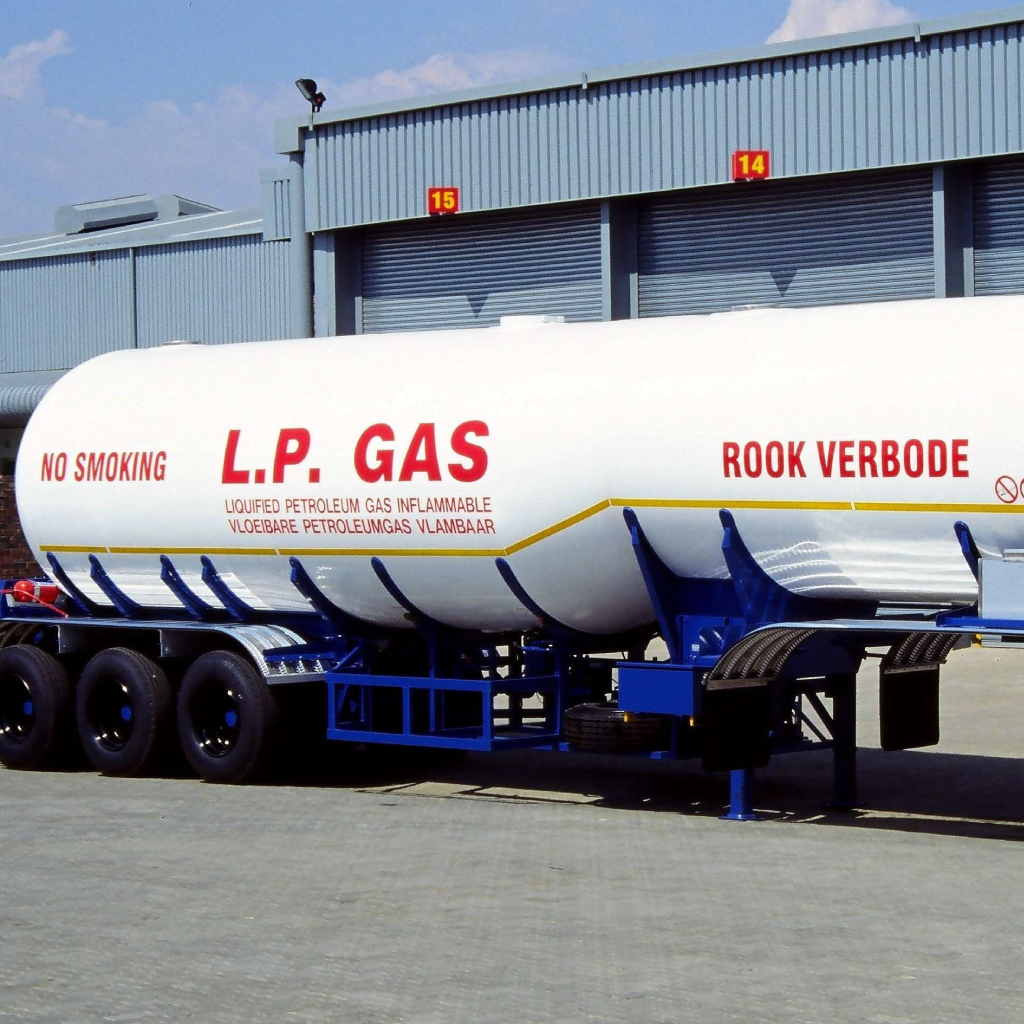
Liquefied petroleum gas (LPG) is recovered from “wet” natural gas (gas containing condensable heavy petroleum compounds) by absorption. The finished product is transported via pipelines and by specially built marine tankers. Transportation by truck, rail, and barges also developed
LPG reaches the domestic consumer in cylinders under relatively low pressures. The bulk of the LPG produced is used in district heating systems, and the next bulk is used as raw materials for chemical plants. LPG is commonly used as fuel for gas grills, gas stoves, ovens, gas stoves and portable heaters. In Europe, LPG water heaters are common. It is also used as engine fuel and backup generators. Unlike diesel, LPG can be stored almost indefinitely without decomposing. Compare LNG
